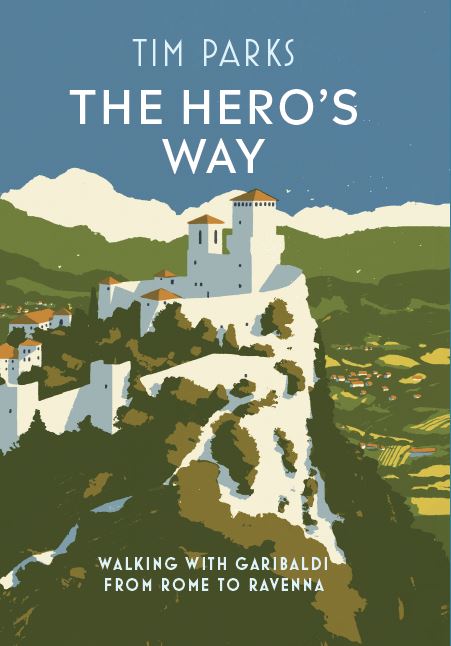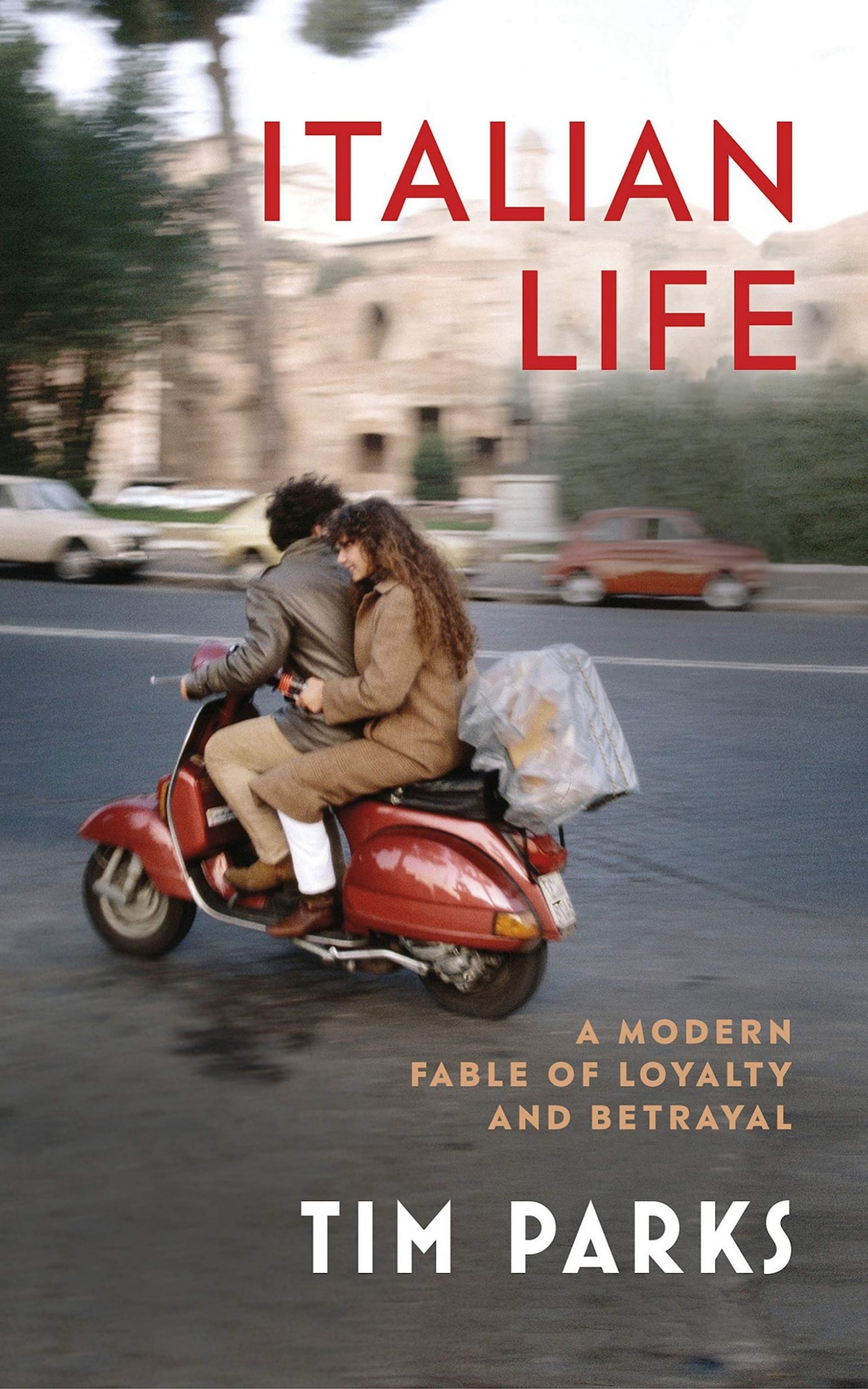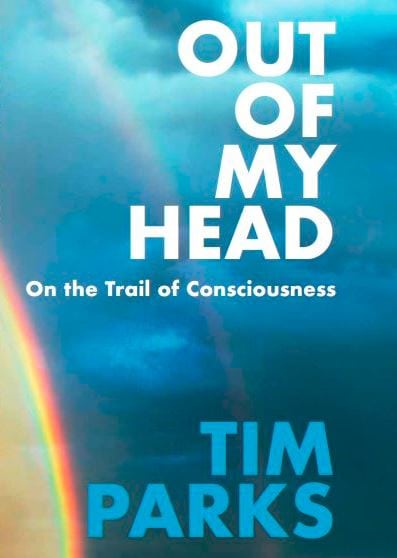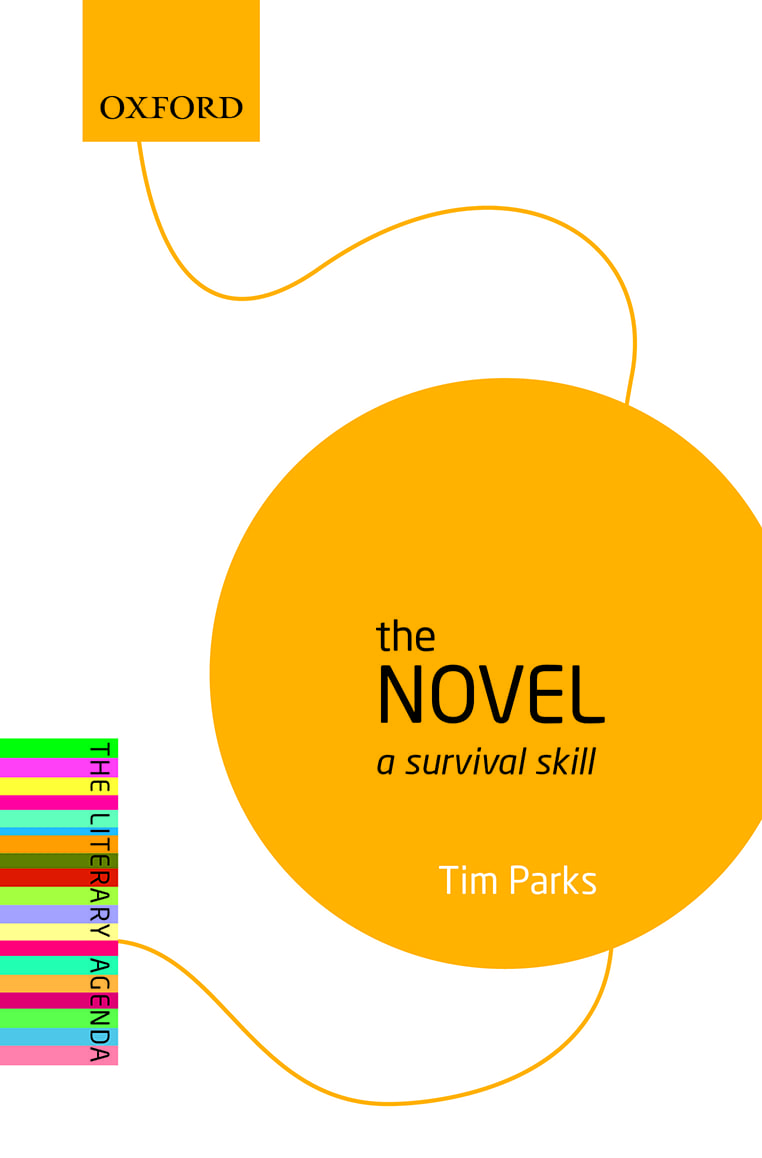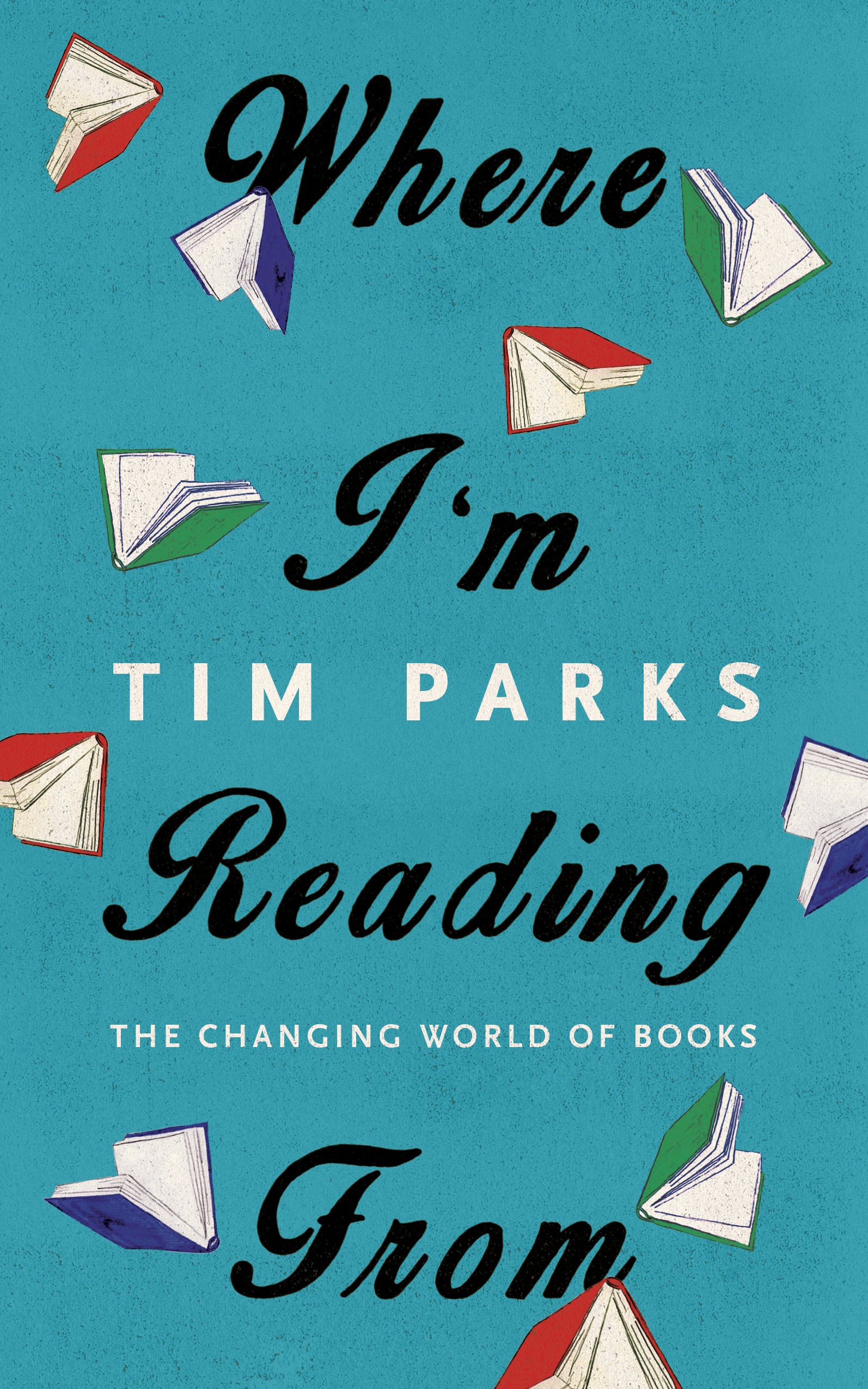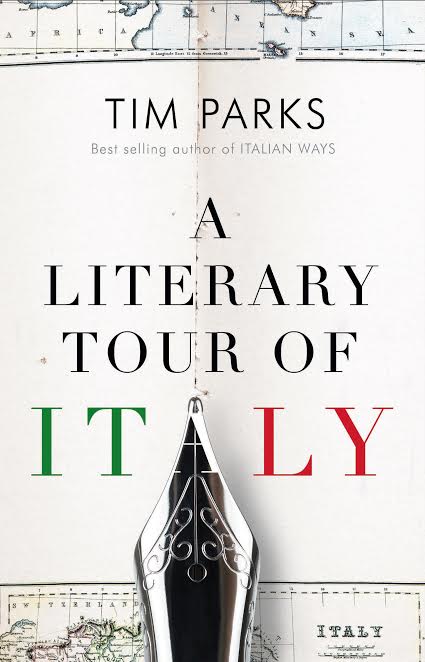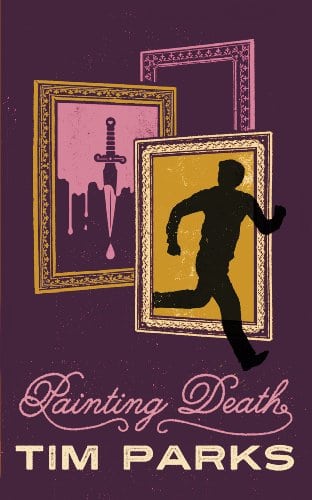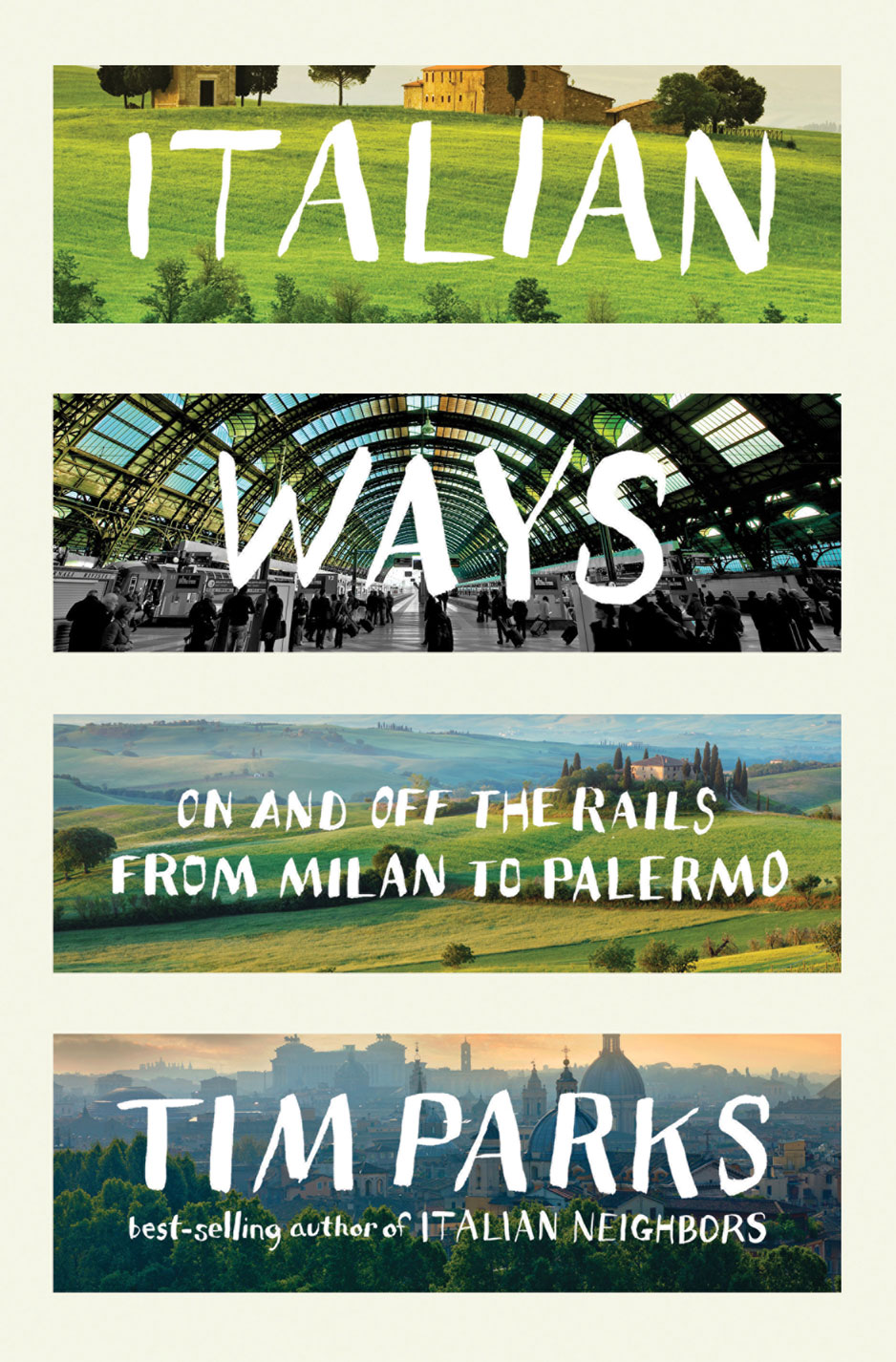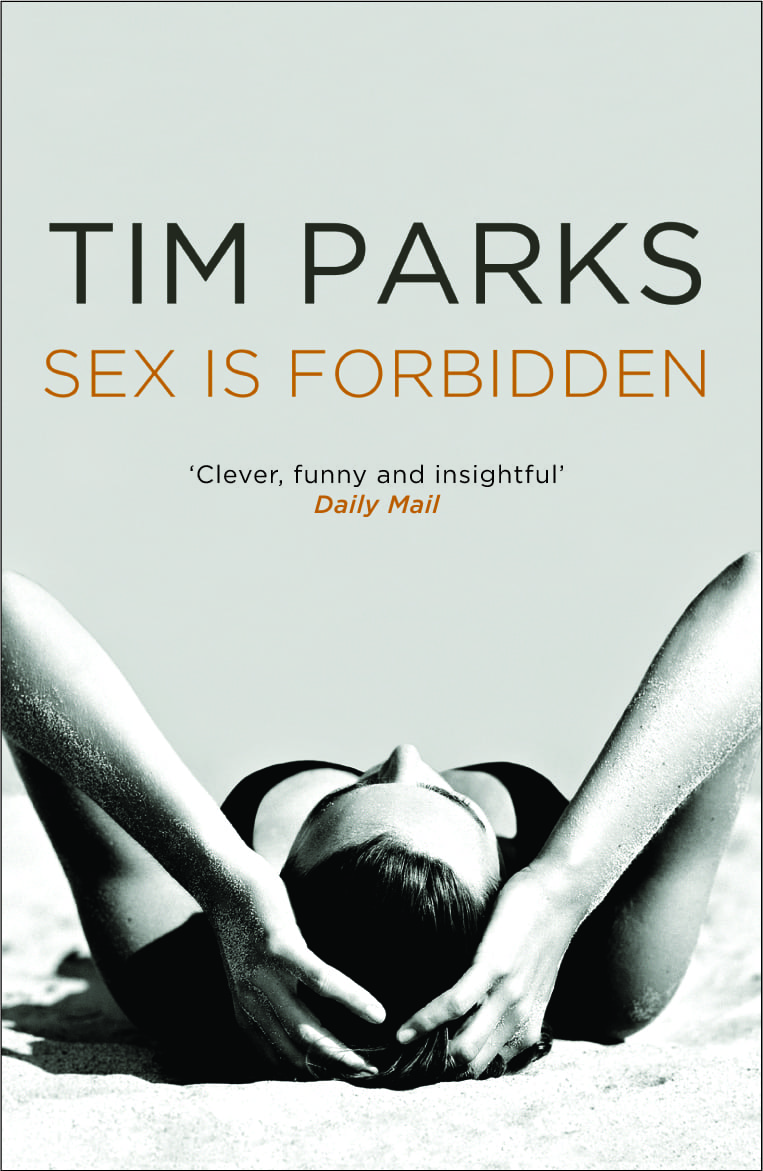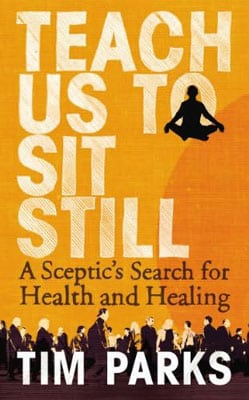Marriage hurts. But what do we expect it to do? hmm
The Observer, 6 December 1998
By Scott Bradfield
According to this smart, beautifully written book of essays, people don’t live life so much as tell themselves stories about it. Stories about faithfulness and infidelity, love and hate, charity and rancour, redemption and loss. Taking his lead from Schopenhauer, novelist and travel writer Tim Parks sets out to explore whether people ever actually ‘experience’ the world at all. Perhaps they simply inherit ideas about it, and live their lives accordingly. In other words, interpretation may be much more than a feat of critical acrobatics. It may be the only true act of consciousness anybody ever knows.
Parks reflects on the spaces where books and life intersect. Armed with quotations from Yeats and Nietzsche, he tackles the formidable chaos of his daughters’ bedroom, and wonders how old a man must grow before he starts being outdistanced by his children. He takes a trip to the European parliament with some fellow language teachers and a Penguin edition of Plato’s Republic, while pondering both the nature of utopias, and the appropriateness of his train car’s nickname, the ‘Shag Wagon’. And he confronts the disheartening complacency of V.S. Naipaul at a literary conference, which causes him to recall his own apprenticeship in an Acton bedsit in the Eighties, pounding out novels nobody wanted to publish.
These are literary essays with all the clarity and sensual detail of great fiction. The ideas never grow too abstract from the world around them. And even the most philosophical speculations are made urgent by Parks’s concern for those whose lives he uses to exemplify them. As the book’s title makes clear, Parks’s primary focus is the idea of marriage itself. The idea of a good marriage, of a bad marriage, and all the places people go when marriages don’t work. As he argues in Destiny, the ‘family’ isn’t necessarily something people construct. Sometimes it’s an idea which grabs hold of them and never lets go:
The parents of my own sister-in-law married, divorced, remarried, then divorced again. The mind is liquid, fickle. Who is not familiar with its sudden kaleidoscopic rearrangements of the past? Speaking of beliefs, causes, commitments, the ferocious Max Stirner was quick to scorn people for wanting nothing better than something they could enslave themselves to – religion, love, patriotism… and indeed it may well be that secretly e seek nothing more of marriage than to be securely locked away there, as many, entering some extravagant new supermarket, will close their minds and trust to old brand loyalties.
The son of evangelicals in northern England who no lives most of the year in Italy (I love that ‘most of the year’, as if I had houses elsewhere!), Parks writes well about men and women creating their own traditions, both inside their houses and inside their heads. But the most startling thing about his first book of essays is that most of them reflect upon the sort of rarefied topics that most intelligent readers spend their lives avoiding, and some might easily bear knotty titles such as ‘the Role of Metafiction in the contemporary Family’. Yet despite such familiar subjects, the candour and clarity of Parks’s prose makes this book as absorbing as any novel or travel-memoir. Like the work of Parks’s obvious role models, Calvino and Calasso, Adultery and Other Diversions never remains simply a series of reflections about books. Life, filled with mess and convolutions, is always in it, spilling out at the seams. Whether Parks himself likes it or not.






